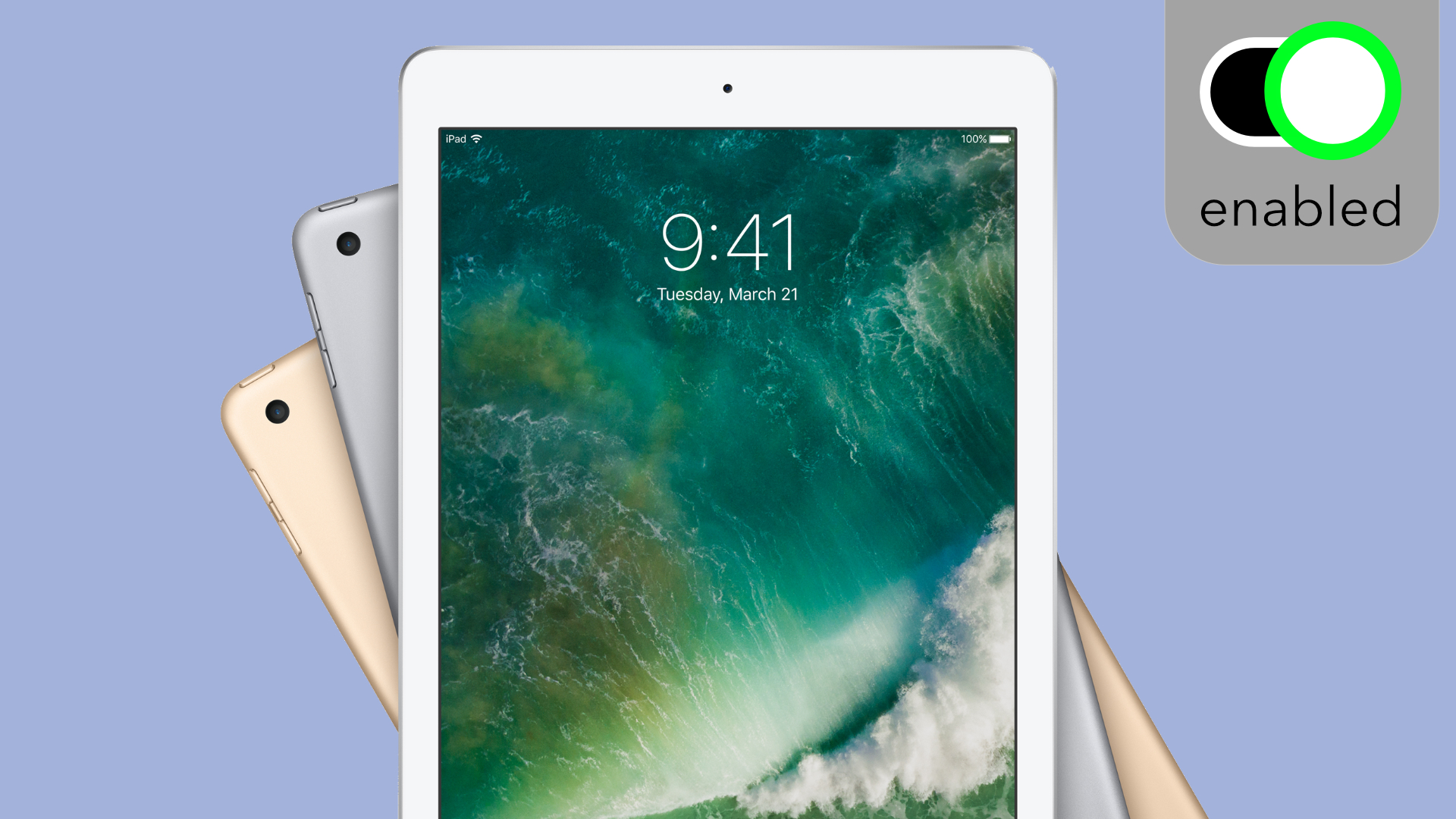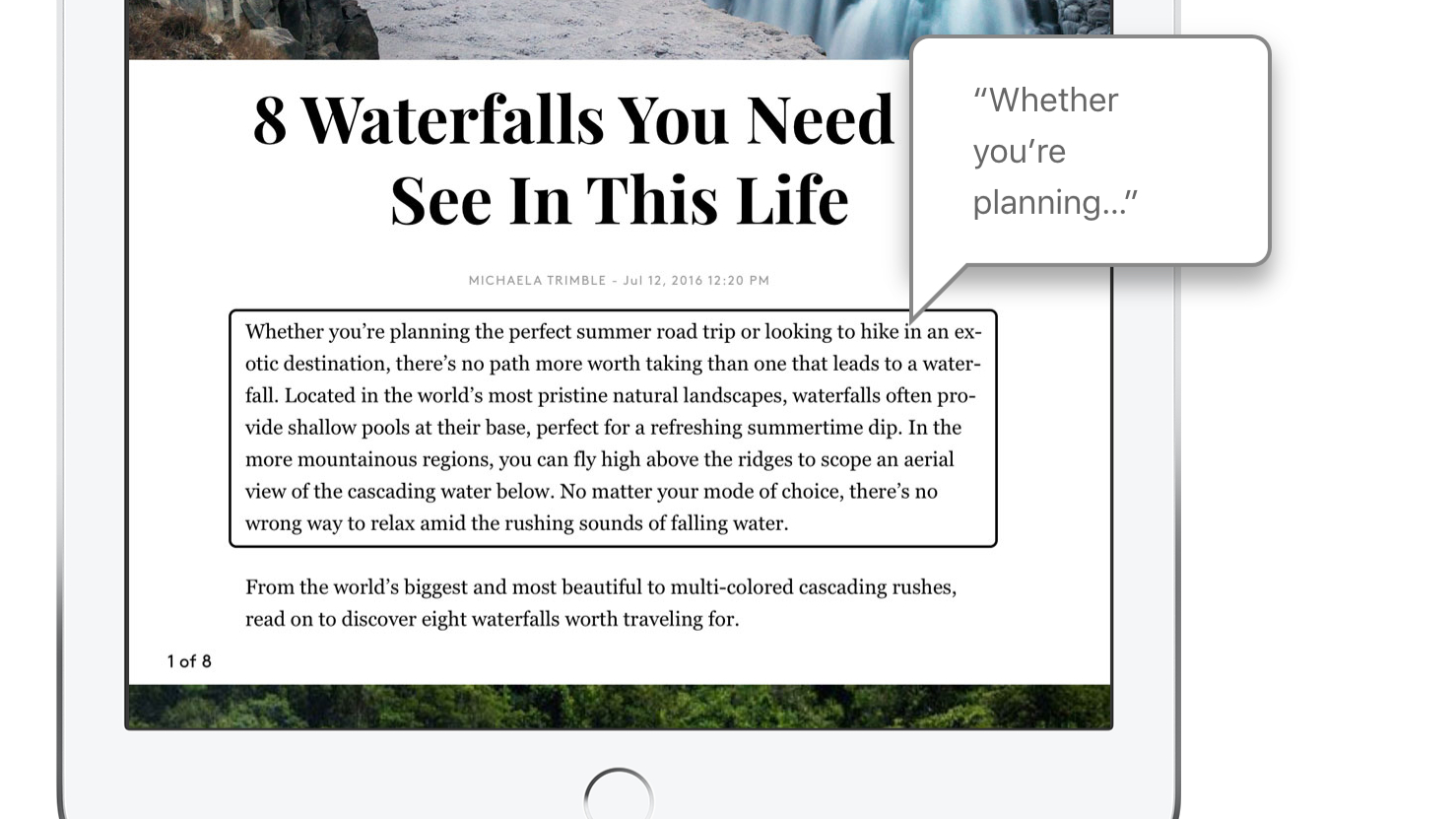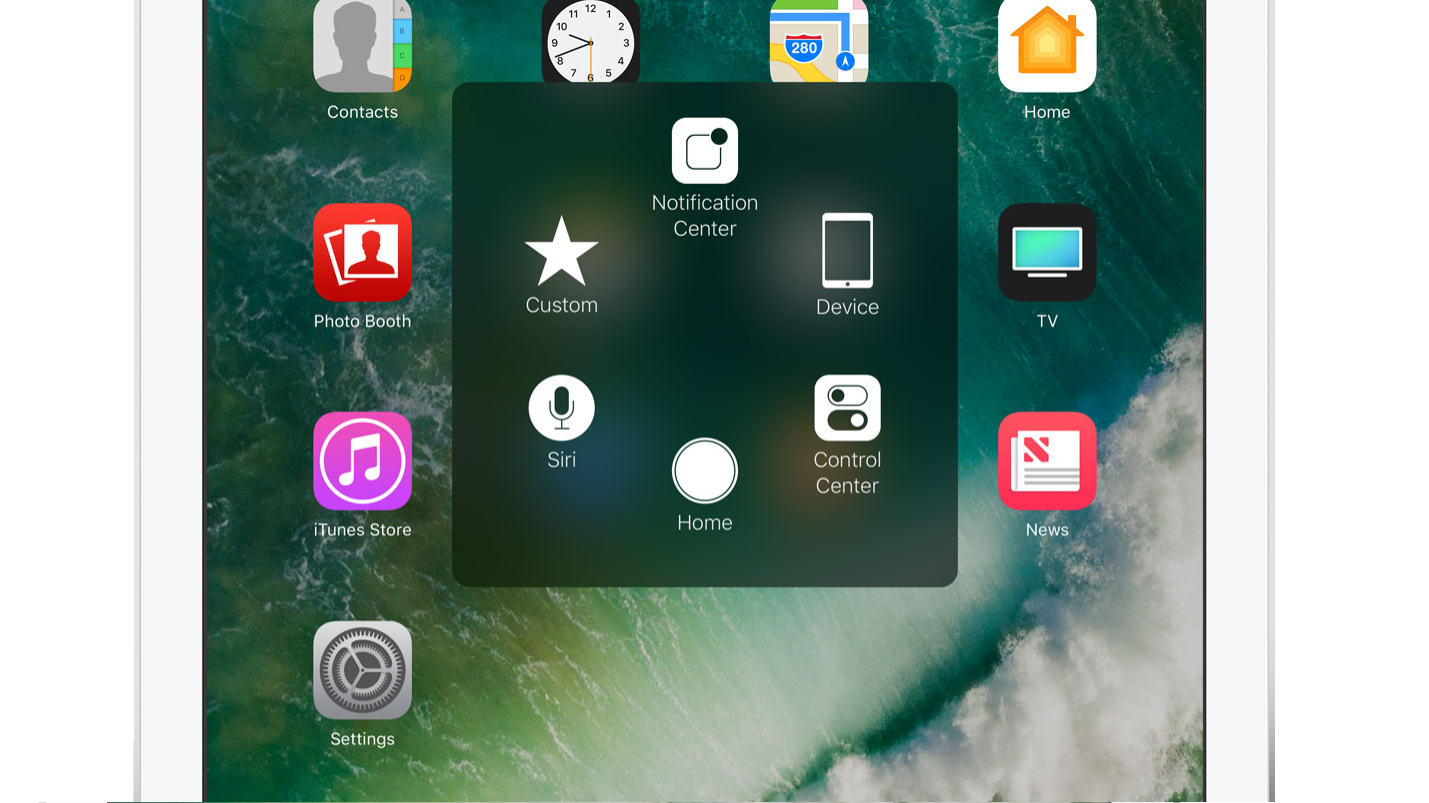A lesson on why accessibility features are so important
An iPad isn’t just an iPad

I worked at a campus tech shop in college selling computers, tablets and accessories to students of all kinds, each with different needs. Addressing these needs for many of them included things like ensuring that their computer was powerful enough to run the latest applications or finding the right charger for their phone.
I always enjoyed helping people find their fit with tech, but looking back, the highlight of the job came when I had the privilege to assist a student whose needs were far more essential to fulfill.
A student who is blind walked in and asked where the iPads were kept on display. I walked with her over to the stand and once we arrived, I remember feeling stuck, unsure if I could be of much help and, moreso, how an iPad would be of much use for someone with a visual impairment.
Once she selected one on the table, she quickly took it in her hands and began tapping and swiping confidently in patterns I had never seen before. But nothing was happening.

“Can you help me activate a few settings?” she asked. After ticking a few boxes within the settings menu, the iPad seemed to turn into a totally different device. Swiping now toggled a cursor between app icons on the homescreen and it read text aloud to guide her as she used many other gestures uniquely made for accessibility purposes.
I had no idea that an iPad was capable of such things. This tablet’s usefulness had grown exponentially for her with just a few quick adjustments. It was an awe-inspiring experience wherein that moment, I realized that it isn’t just a luxury item with which people can waste time reading, playing games and watching movies. For some people, these settings allow them to do things that would otherwise be impossible.
The same way that touch interfaces made interacting with tech easier and more intuitive for non-disabled individuals, it also revolutionized the relationship that some individuals with disabilities have with technology. And it hasn’t stopped there.
Sign up for breaking news, reviews, opinion, top tech deals, and more.
Enable everyone with technology
This experience helped me discover another side of technology that I wasn’t aware of before. Seeing how companies devise solutions to ensure operability across such a wide spectrum of users is endlessly fascinating to me.
The big downside to this is that I can’t help but notice that modern consumer technology is all too often made with one type of user in mind. One who is capable of dextrous tasks like walking, talking, sitting upright, navigating complex interfaces with their fingers and more.
Obviously, there’s a problem with that: not everyone can do those things.
So, do tech makers recognize this and create in consideration of people who have disabilities, or do they simply pretend they don't exist?
There are too many examples of the latter, but thankfully, more tech companies than ever are assuming responsibility for building products that fulfill a broad spectrum of needs. And when this happens, it stirs more passion in me than anything else happening in tech.

Ultimately, that's why I’m writing this column: to highlight positive movement in the accessibility space as it relates to technology. It’s an area that I don’t think gets enough recognition, even though most of the work that’s being done would impress just about anyone who takes a little time to notice it.
But just as I aim to shine a light on the good, I’m also keen to touch on points where things can be improved in the hopes to keep it top of mind for tech companies and readers alike.
Whether you’re someone who pays close attention to the world of accessibility in technology or you’re just glimpsing curiously from the outside in, I hope you enjoy Enabled.
Enabled is a column that dives into the world of accessibility to reveal how people's needs are (or are not) being met by today's technology and offer an in-depth look at the companies that are working to make tech better for all.
If you have a story, tip or just want to share something special, reach Cameron on Twitter @camfaulkner.

Cameron is a writer at The Verge, focused on reviews, deals coverage, and news. He wrote for magazines and websites such as The Verge, TechRadar, Practical Photoshop, Polygon, Eater and Al Bawaba.